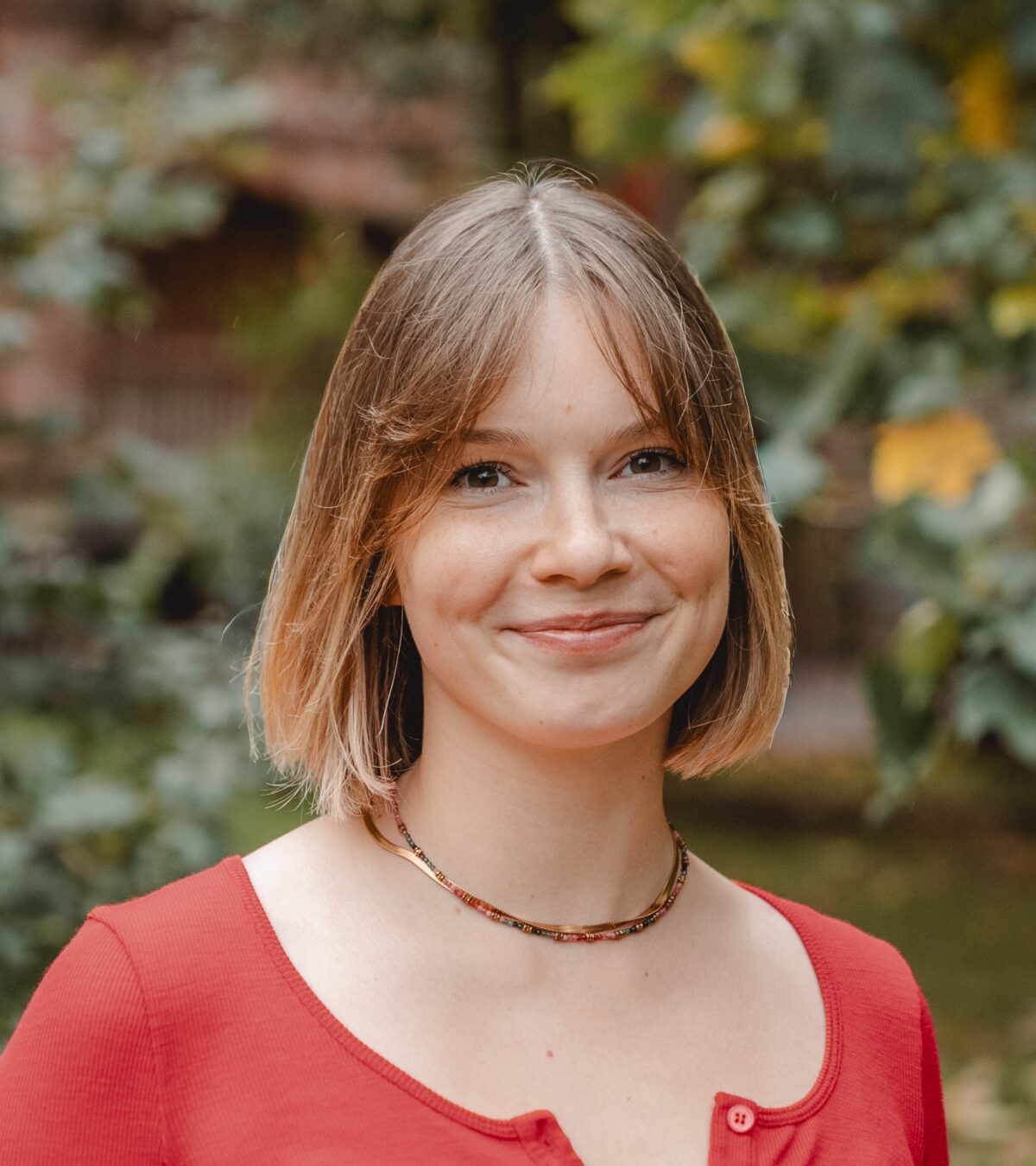
How Deforestation-Free Finance can work in Practice. A two-year project wrap-up.
November 4, 2025
Over the past two years, Climate & Company has, financed by the Gordon and Betty Moore Foundation, worked on “Making Deforestation-Free Finance Work in Practice”.
Throughout this project, we have brought together European and international partners to make deforestation-free commitments of financial institutions, companies, and regulators possible. And by combining evidence-based policy engagement, capacity building, and open-source technical tools, our work demonstrated that the shift toward sustainable, deforestation-free trade and finance is not only possible, but already underway.
“Our aim was to connect the dots between regulation, financial institutions, and real-world supply chains,” said Louise Simon, EU Policy and Due Diligence Lead and co-project lead at Climate & Company. “We helped transform abstract sustainability commitments into practical pathways for change. From Brussels to Brazil, and from boardrooms to global portfolios.”
How Climate & Company helped safeguarding ambition in regulations for sustainable finance and sustainable supply chains
During a period of strong political pushback against the EU’s sustainability agenda, the project team provided technical evidence and pragmatic solutions to policy makers that helped keeping core elements of key files such as the EU Deforestation Regulation (EUDR) and the Corporate Sustainability Due Diligence Directive (CSDDD) intact. Our focus has always been the smart implementation of due diligence and disclosure requirements instead of deregulation and weakened ambition.
How Climate & Company reduced resistance to the EUDR and strengthened cooperation between the EU and Brazil
In Brazil, the project played a pivotal role in shifting the narrative around the EUDR from resistance to constructive cooperation. Working with Brazilian government agencies, financial institutions, and trade associations such as ABIEC, the team clarified regulatory requirements, mapped local traceability systems, and demonstrated that compliance is both possible and beneficial.
These efforts supported the emergence of national initiatives such as a national traceability policy and the pilot of traceability schemes across EUDR-relevant commodities. Engagement with civil society culminated in a joint statement by 17 Brazilian NGOs supporting deforestation-free trade. This was a real milestone for aligning public and private action.
“What started as a conversation about risks became a dialogue about opportunity,” noted Paula Pinto Zambrano, International Policy Expert and co-project lead.
By building trust and sharing practical solutions, we supported local stakeholders already leading sustainability efforts on the ground. We have helped them align with the EU Deforestation Regulation in ways that also improves the sustainability of their businesses and prepares them for other emerging sustainability requirements.
How Climate & Company turned commitments into action by developing a practical deforestation due diligence tool for investors
To make deforestation due diligence commitments of the financial sector a reality, the project developed the first free portfolio-wide methodology for assessing deforestation risk in financial portfolios. Piloted by Swedish pension fund AP2, the tool helped them identify 155 priority companies for engagement and proved that scalable, data-driven assessments are possible today.
The resulting report, “Making Deforestation Due Diligence Work in Practice” (July 2024), was released alongside open-source Python code, now available on GitHub. The approach gained recognition across global investor networks and led to the launch of Datura – Climate & Company Data Services, a spin-off now applying the model with institutional clients such as MassPrim.
To scale up action and to create a level playing field for banks and investors, their clients and investees, Climate & Company fed back our practical experience into the policy cycle. While the financial sector has so far not been targeted by deforestation due diligence requirements (through the reviews of the CSDDD and the EUDR), we equipped the Commission with evidence and tools to re-assess the integration in the next few years, once the opportunity emerges again.
Making sustainability reporting work in practice
Through direct participation in the EFRAG sector standard-setting process, the project helped shape the EU’s Agriculture, Farming & Fishing reporting standards under the Corporate Sustainability Reporting Directive (CSRD). It championed coherence across frameworks (EFRAG, ISSB, GRI, TNFD) and defended sector-specific disclosures amid political calls for simplification.
The work focused on making the EU’s sustainability reporting system ambitious yet practical, providing companies with credible pathways to report on supply-chain and land-use risks – including deforestation. Tensions between ambition and feasibility remain, both in the EU and abroad. Our work, with and alongside that of our partners, has helped shape the reporting standards and mitigate delays and dilutions. Continued technical work on the standards, policy coherence, international alignment and capacity building is essential, and we stay committed to this work.
Looking ahead
The project leaves a strong legacy: improved regulatory coherence, constructive international partnerships, and a tested methodology now guiding real financial decisions. Its lessons continue to inform Climate & Company’s ongoing work through key existing projects such as SAFE, AL-INVEST Verde, and future collaborations advancing deforestation-free trade and finance.
“We have shown that deforestation-free finance can move from pilot projects to market reality,” said Malte Hessenius, Transition Finance and Data Lead at Climate & Company. “Our next step is to scale up these successes for mainstreaming finance that supports forests.”
This project was funded by the Gordon and Betty Moore Foundation. Its findings and methodologies are publicly available through Climate & Company publications and the open-source repository on GitHub.
